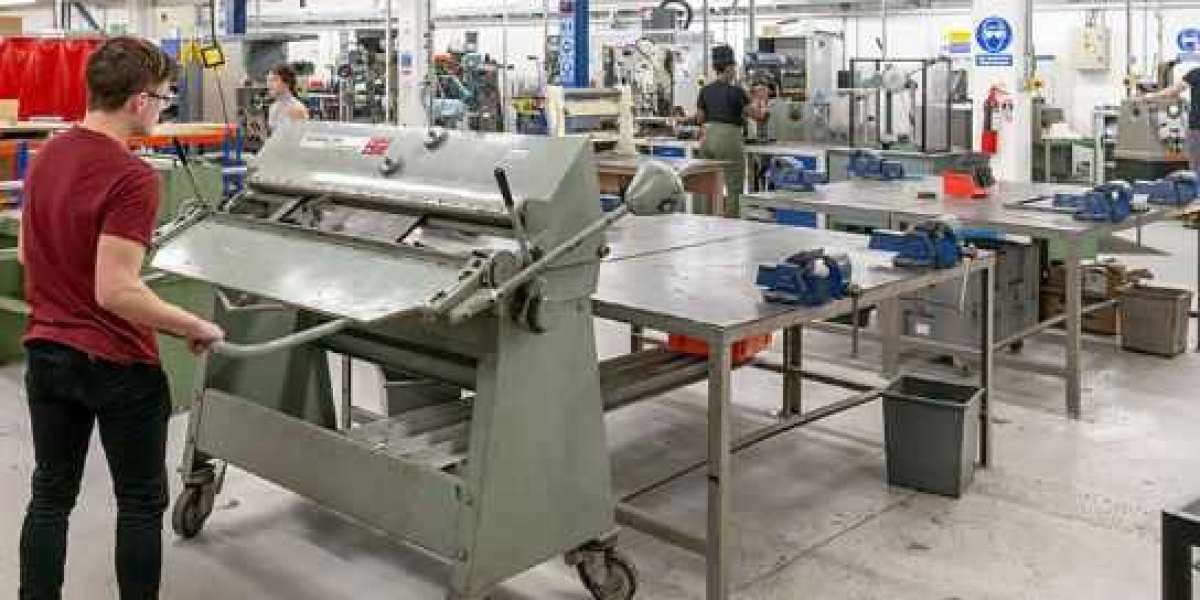Designing a large prefabricated Metal Workshop is a strategic endeavor that requires careful consideration of various factors. From understanding the advantages of prefabrication to key design considerations, the design process, and the construction and post-construction phases, this guide provides a comprehensive overview of crafting an efficient and functional workspace. Choosing a reputable supplier like K-HOME Steel Structures ensures that your large Metal Workshop meets the highest standards of quality, customization, and durability, setting the stage for a productive and successful operational environment.

What are the advantages of using prefabricated metal workshops
Faster installation - Prefab Workshop arrives precut and are assembled onsite quickly, often in a matter of weeks. This minimizes disruptions compared to ground-up builds taking months.
Lower costs - Prefabrication transfers most work to controlled factory conditions, reducing expenses associated with job site labor and weather delays.
Structural sturdiness - Metal framing is highly durable and load-bearing, allowing free-span designs without interruptive internal posts.
Weather resistance - Metals like galvanized steel defy corrosion for decades without repainting needs affecting wood susceptible to rot.
Dimensional stability - Metal maintains shapes against warping common in treated or untreated wood under stress.
Customization - Modular prefab allows specialized configurations integrating mezzanines, skylights, insulation to code.
Expandability - Metal workshops adapt spaces flexibly as needs evolve versus fixed-size masonry structures.
Lifecycle savings - Minimal maintenance offsets greater initial material costs through lower sustained facilities costs over half a century compared to wood.
Precision - Computer-cut prefabrication ensures accurate fastening versus variable cuts in wet field conditions jeopardizing wood joins.
Durability - Metal shelters withstand precipitation, UV damage, impacts and fire safely for successors utilizing structures adaptively.
Industries or businesses that commonly use prefabricated metal workshops
Manufacturing facilities - Industries involved in CNC machining, metal fabrication, 3D printing, composites, plastics etc.
Automotive repair shops - Professional mechanics benefit from drive-through bays and spacious clustered workzones.
Welding and metalworking shops - The non-combustible nature of metal protects against sparks and fumes from processes like welding, brazing and metal cutting.
Woodworking shops - Sawdust management becomes simpler through easily cleaned interior steel panels.
Equipment repair services - Metal repairs agricultural, industrial and construction machinery securely under covered spaces.
Small engine repair shops - Repairing equipment like lawnmowers, outboard motors etc. is well-served by Prefab Workshop.
Automotive body and paint shops - Controlled ventilation easily manages noxious fumes within enclosed painting and body work areas.
Machine shops - Floor-mounted equipment lives longer fixed sturdily within insulated environments.
Commercial furniture makers - Metal provides clean, flexible spaces manufacturing high-production woodworking.
Craft and jewelry studios - Finer details like engraving, gemsetting and glassworking are eased within stable temperature workshops.
Small-scale fabrication - Welding, metal spinning and other fabrication foundries use modular prefabs.



